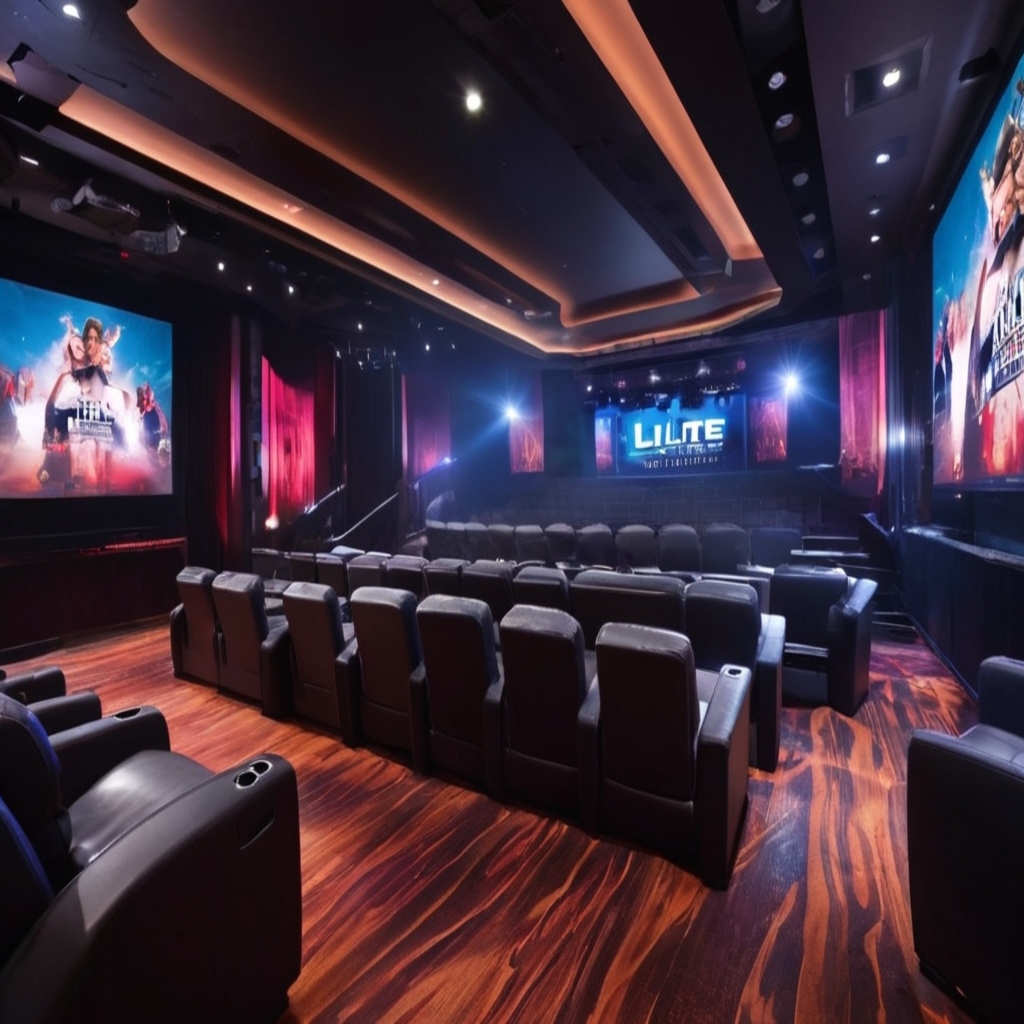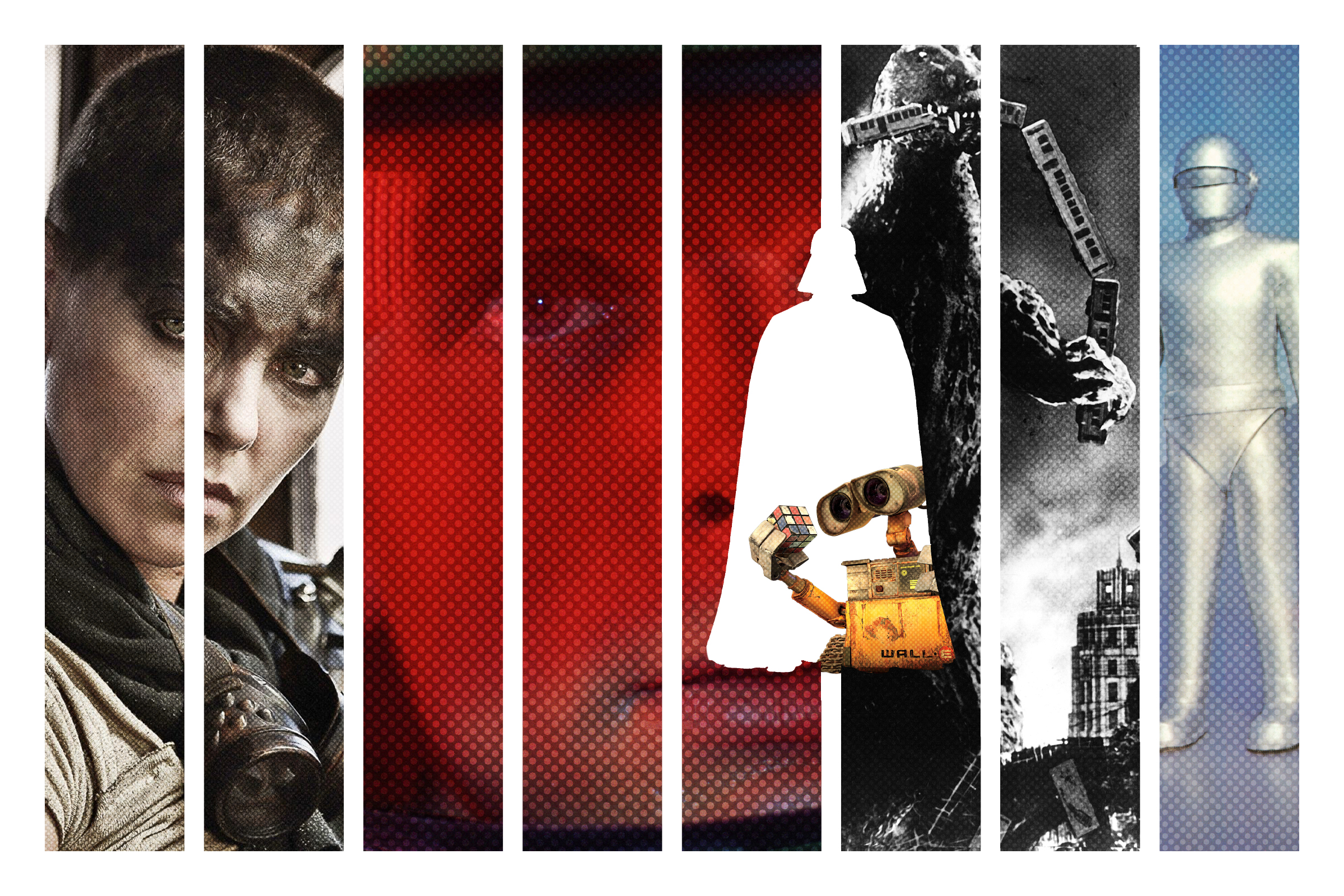In a recent interview with Marion Jones, Managing Director of Spotlite Claims, the discussion revolved around the evolving landscape of risk in the entertainment industry and the role of insurers in managing these changes. As new technologies emerge, including virtual production (VP) and artificial intelligence (AI), insurers are adapting to address the potential risks that accompany these advancements.
Risks post-strike in the entertainment industry
Following a lengthy strike in the US that resulted in studio closures, the entertainment industry faces a resurgence in activity. The post-strike scenario brings about an increased demand for studio space, skilled crew members, and equipment. However, several risks loom on the horizon.
One of the foremost challenges is the scarcity of studio space worldwide to meet the soaring demand for content production. Studios are already booked up for the autumn and winter filming schedule, which might prompt producers to explore new locations. This rush can lead to a lack of thorough assessment of construction risks, such as the presence of asbestos in disused warehouses.
Pressure on cast and crew
Additionally, cast and crew members will be working under tight schedules, potentially increasing the temptation to cut corners, which could result in more insurance claims. The entertainment industry also faces a significant skills shortage within film crews, which may lead to the hiring of underqualified and inexperienced individuals to operate equipment, creating additional risks.
Spotlite Claims specializes in three key areas within the entertainment industry: global film and TV production, advertising, and event cancellation and non-appearance. Their extensive range of services includes handling claims related to property damage, schedule interruption, equipment failures, and more. Their linguistic abilities are particularly valuable when dealing with claims from French, German, and Spanish brands, agencies, and production companies. Moreover, Spotlite Claims has a wealth of experience in managing event cancellation claims, especially during the COVID-19 pandemic, and adverse weather-related policies for various events around the world.
The impact of technology on insurance risk in TV and film
The entertainment industry is witnessing the adoption of new and emerging technologies like virtual production (VP) and artificial intelligence (AI). These innovations bring about a new set of potential risks, which both producers and insurers are still learning to navigate. The establishment of proper protocols is crucial to manage these risks effectively and prevent costly claims.
VP and Its potential implications
VP has the potential to reduce personal injury claims, but it may also give rise to new injuries and illnesses, such as motion sickness and epilepsy. Cyber threats are also a concern since VP relies heavily on digital assets and data, making it susceptible to data breaches. Moreover, incorporating copyrighted material and intellectual property from third parties into the VP process could lead to unintentional infringement and legal disputes. Errors or oversights by CGI artists, technicians, or the virtual art department can result in financial losses and claims for negligence. Additionally, VP necessitates a substantial amount of technical equipment, from LED screens to computer infrastructure, which may require repair or replacement when damaged or malfunctioning.
Leveraging AI for efficient claims management
AI holds promise in managing insurance claims more effectively. For instance, in the case of an actor falling ill during filming in a foreign location, AI can facilitate the capture of necessary shots on-site and enable the continuation of the production on a VP stage in the UK, avoiding costly delays and travel rearrangements. AI deep fake technology can also assist in scenarios where an actor’s presence is unavailable, providing solutions for head and voice replacements.
Weather-related incidents are increasingly affecting the entertainment sector, particularly when they pose immediate threats to crew and property, such as mobile and elevated working platforms. Unanticipated weather patterns, like unexpected snowfall, can disrupt filming by preventing access to locations and compromising safety. Consequently, insurers are closely evaluating their exposure and loss history, which may lead to adjustments in available coverage options in the coming years.
Spotlite claims’ specialized approach
Spotlite Claims’ success in the entertainment industry is attributed to its team’s specialized expertise, which includes professionals with backgrounds in TV, film, and events. This in-depth understanding of industry intricacies enables effective communication with clients, ensuring their unique needs are met. The company emphasizes exposing adjusters to a variety of claims from early on to build experience. Additionally, their strong connections within the film and TV industry enable them to stay informed about the latest technological developments.
In an era of rapid technological change, Spotlite Claims plays a critical role in managing risks associated with emerging technologies, safeguarding the continued success of the entertainment sector. Their expertise in addressing the evolving risks in the industry positions them as a valuable partner for insurers and entertainment professionals alike.





